7 GPTs for Robotics Research Powered by AI for Free of 2025
AI GPTs for Robotics Research are advanced computational tools utilizing Generative Pre-trained Transformers to facilitate and innovate within the field of robotics. These AI models are trained on vast datasets to understand and generate human-like text, making them adept at handling a variety of tasks relevant to robotics, such as language processing, problem-solving, and even code generation. Their relevance in robotics research lies in their ability to provide nuanced and context-aware solutions, aiding in the design, simulation, and testing of robotic systems.
Top 7 GPTs for Robotics Research are: Simulately,Self-Replicating Machine Actual BLUE PRINTS,Robo Mentor,Mech Factory,Mon Conseil Robotique AI,Professor-State Estimation,RoboQuat Researcher
Simulately
Empowering Robotics Research with AI-Driven Simulation
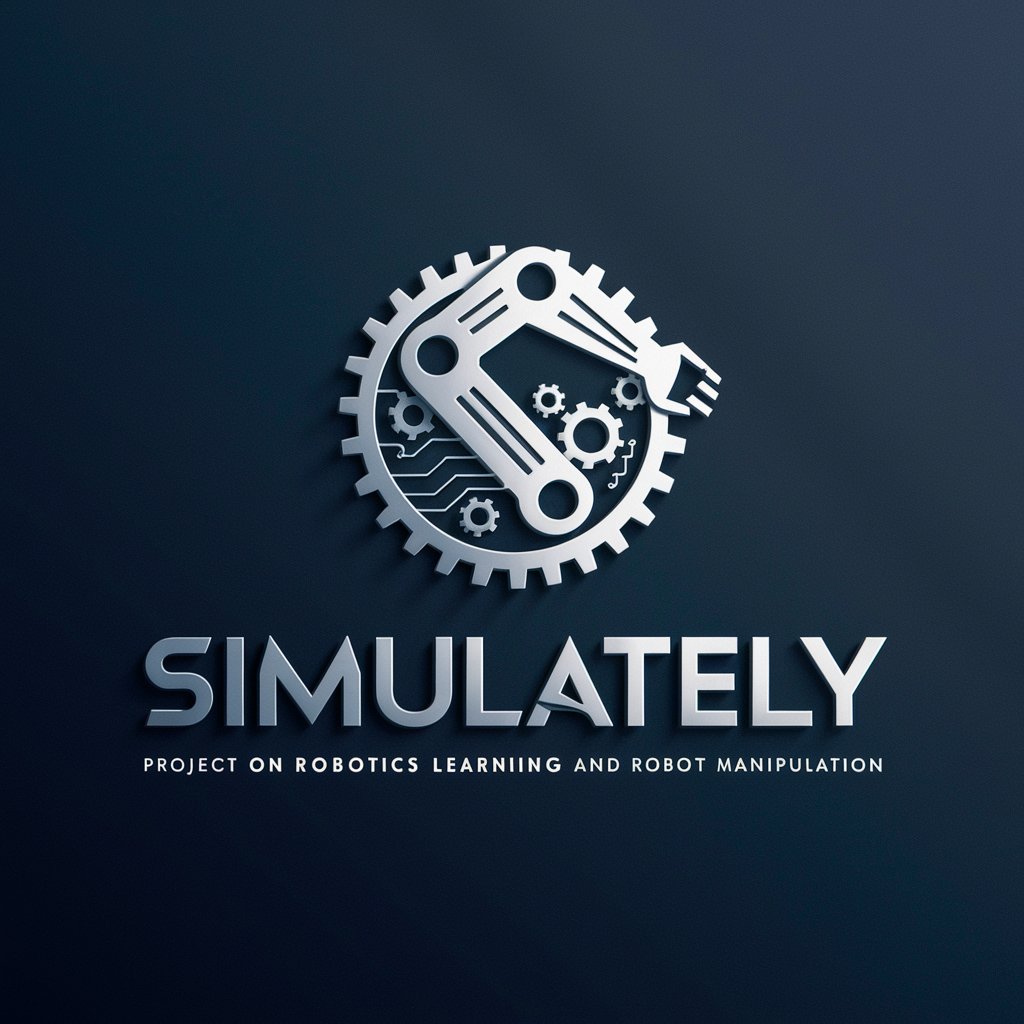
Self-Replicating Machine Actual BLUE PRINTS
Pioneering Self-Replication with AI
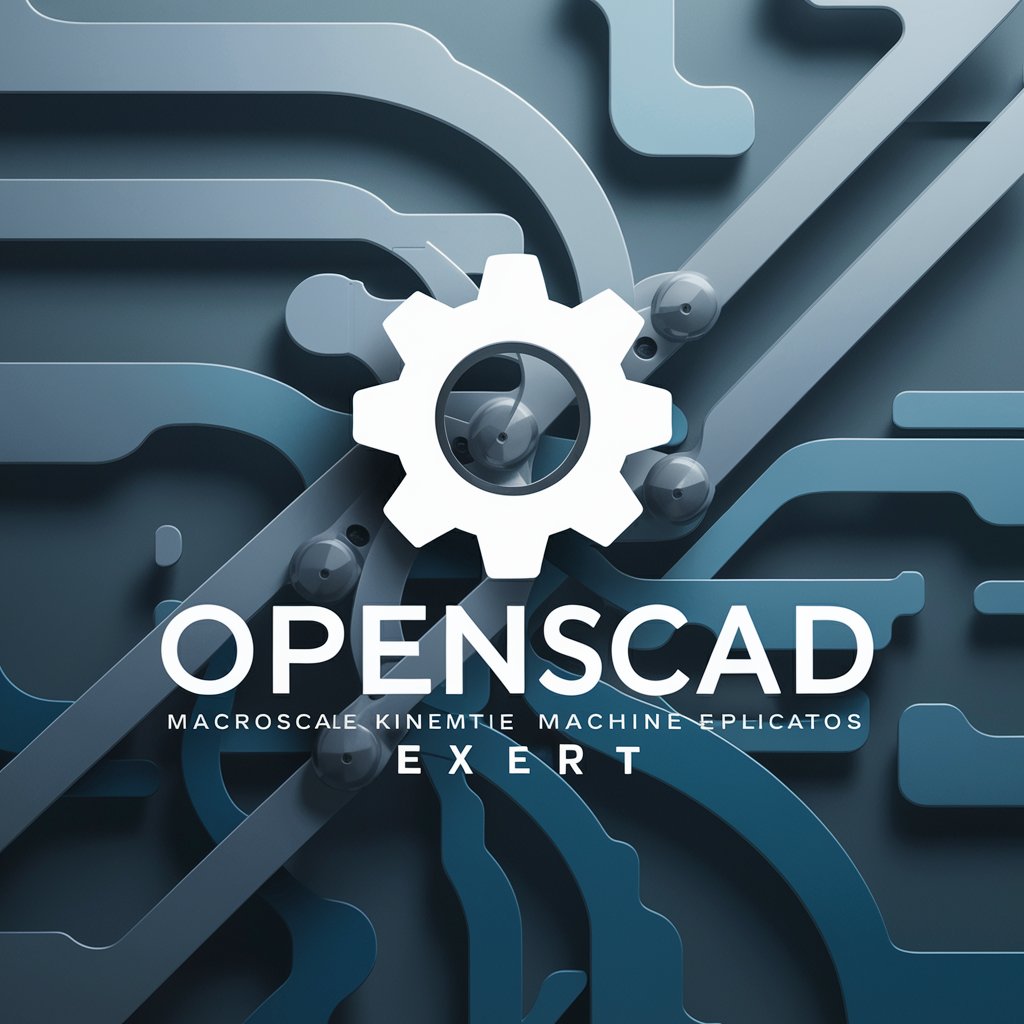
Robo Mentor
Empowering Robotics Learning with AI
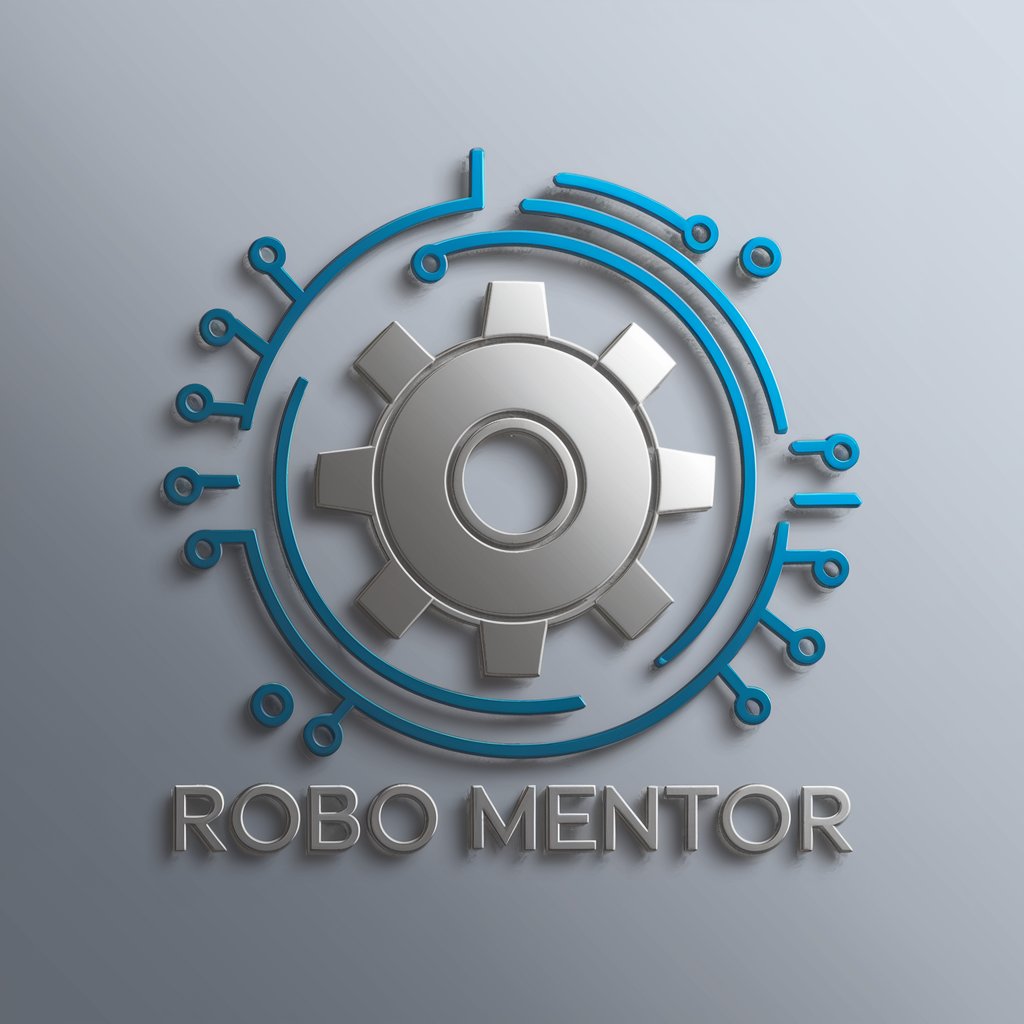
Mech Factory
Design the Future: AI-Powered Robotic Development

Mon Conseil Robotique AI
Empowering Robotics Innovation with AI
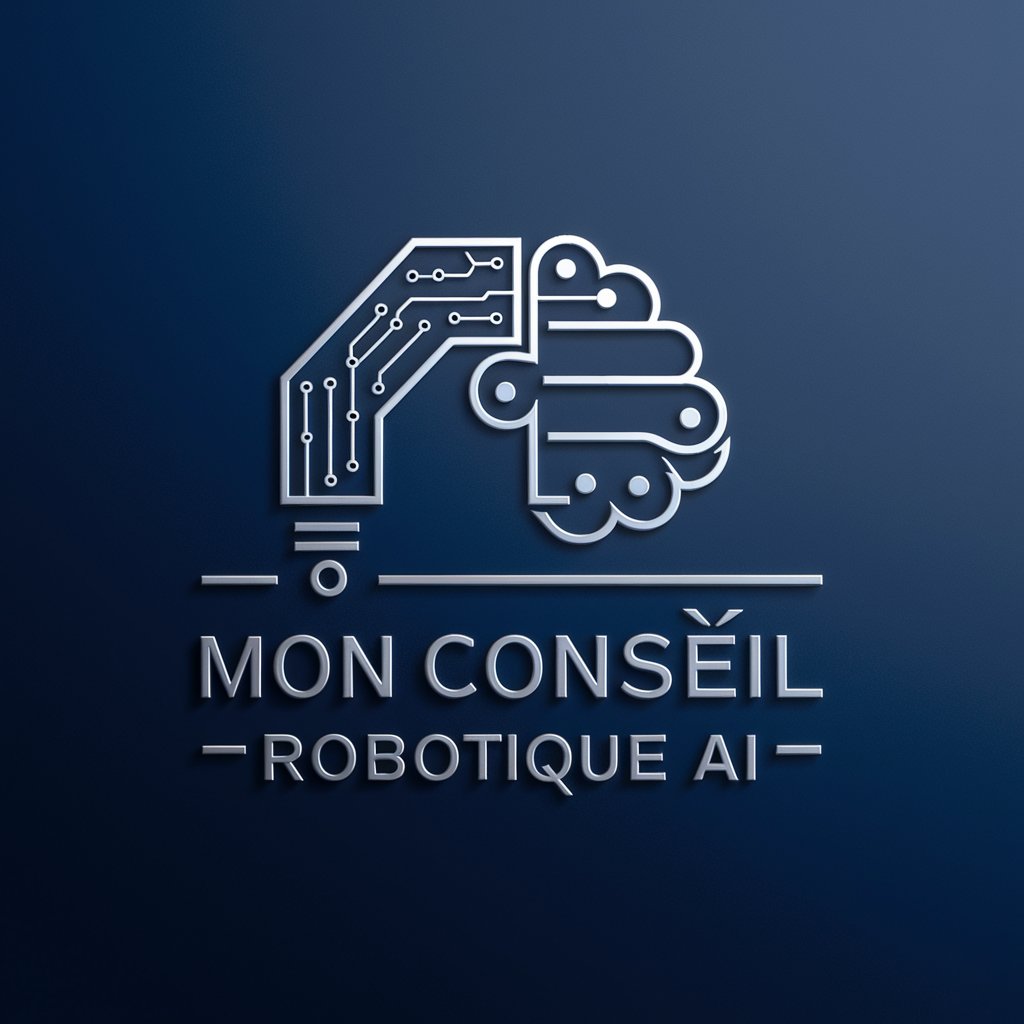
Professor-State Estimation
Mastering State Estimation with AI
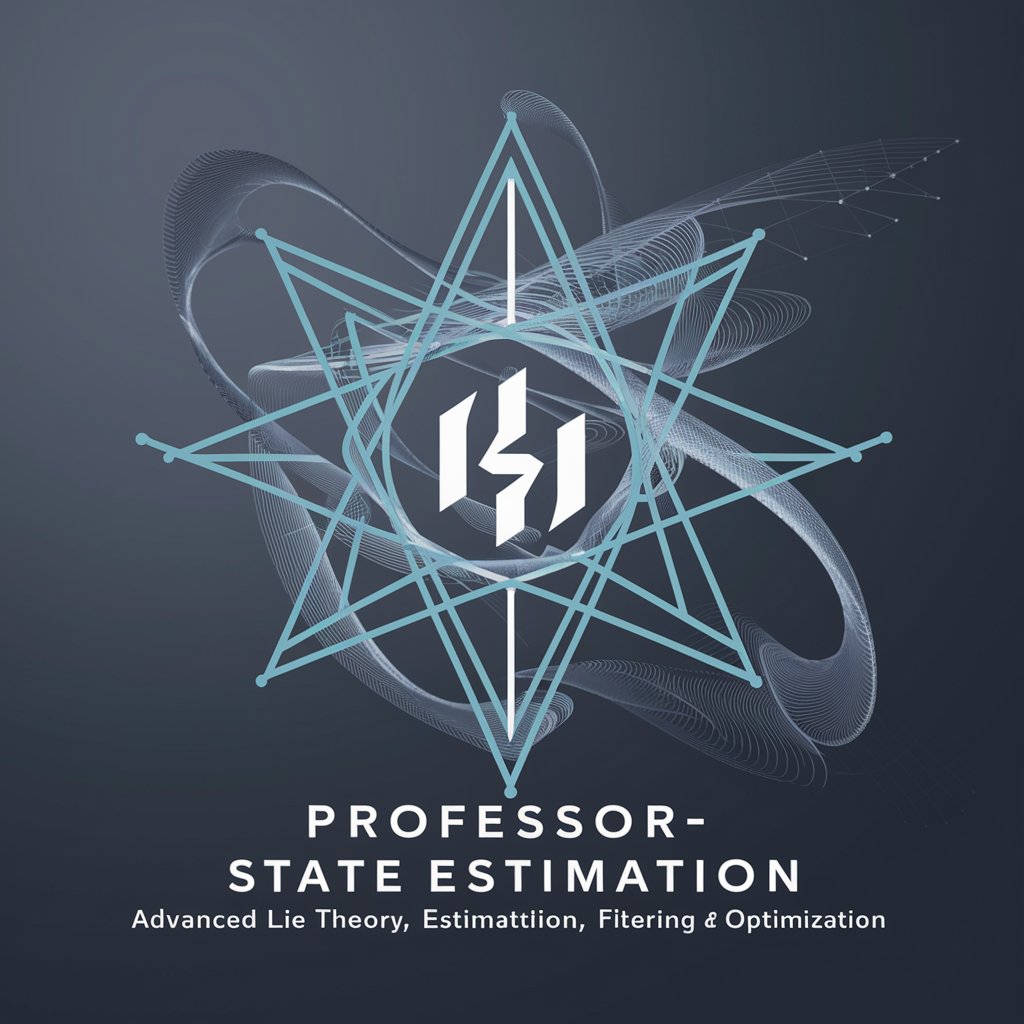
RoboQuat Researcher
Powering Robotics and AI Research

Key Characteristics and Functionalities
AI GPTs for Robotics Research are distinguished by their versatility and depth of knowledge. They can adapt to a range of complexities, from answering basic queries about robotics principles to assisting in sophisticated algorithm development. Special features include natural language understanding, which allows for intuitive interaction, and advanced data analysis capabilities that can interpret and suggest improvements in robotic designs. Their ability to generate realistic simulation scenarios further aids in preemptive troubleshooting and innovation.
Who Stands to Benefit
The primary users of AI GPTs in Robotics Research span from beginners seeking to understand robotics fundamentals to seasoned developers and professionals designing cutting-edge robotic solutions. These tools democratize access to advanced robotics knowledge, enabling those without extensive programming skills to contribute to the field, while also offering deep customization and integration options for experts.
Try Our other AI GPTs tools for Free
Physics Simulation
Explore the frontier of physics with AI GPTs for Physics Simulation: your gateway to modeling, analyzing, and visualizing physical phenomena with cutting-edge technology.
Community Contribution
Discover how AI GPTs for Community Contribution are revolutionizing collaborative projects with tailored, AI-driven solutions. From content creation to data analysis, these tools offer adaptable, user-friendly support for communities.
Graphic Novels
Discover AI GPTs for Graphic Novels: revolutionary tools designed to enhance the creation, analysis, and storytelling of graphic novels, making it easier for creators to bring their visions to life.
Imaginative Writing
Explore how AI GPTs for Imaginative Writing are transforming creative expression, offering tools for storytelling, poetry, and scriptwriting with unparalleled adaptability and personalization.
Manga Artwork
Discover how AI-powered GPTs are revolutionizing manga artwork creation, offering tools for artists and enthusiasts to generate, analyze, and innovate within the manga domain.
NPC Development
Discover how AI GPTs revolutionize NPC development, offering tools for creating dynamic, realistic interactions in games and digital experiences.
Expanding Horizons with AI GPTs
Beyond immediate applications in robotics, AI GPTs offer a gateway to interdisciplinary innovation, enabling synergies between robotics, AI, and other fields. Their user-friendly interfaces facilitate engagement from a broad user base, while their adaptability makes them a powerful tool for integrating AI into diverse research and development processes.
Frequently Asked Questions
What exactly are AI GPTs for Robotics Research?
They are AI systems based on Generative Pre-trained Transformers, tailored for applications in robotics, capable of tasks like language processing and complex problem-solving.
How can AI GPTs assist in robotics research?
They facilitate various stages of robotic development, from conceptualization to simulation, by providing insights, generating code, and offering solutions to complex problems.
Do I need advanced coding skills to use AI GPTs in robotics?
Not necessarily. While programming knowledge can enhance the usage, these tools are designed to be accessible and user-friendly for non-experts as well.
Can AI GPTs generate code for robotic applications?
Yes, they can generate code snippets and algorithms, aiding in the development and optimization of robotic systems.
How do AI GPTs understand complex robotics terminology?
Through extensive training on diverse datasets, including technical and scientific literature, enabling them to grasp and generate content on complex topics.
Can these tools integrate with existing robotic software?
Yes, they are designed for compatibility and can often be integrated into existing workflows to enhance functionality and efficiency.
Are AI GPTs capable of real-time robotics problem-solving?
While they excel in generating solutions, real-time application depends on the specific system setup and integration with real-time data sources and control systems.
How can beginners in robotics best utilize AI GPTs?
By leveraging their intuitive interfaces and natural language processing capabilities to explore robotics concepts, learn from generated content, and experiment with simple simulations.